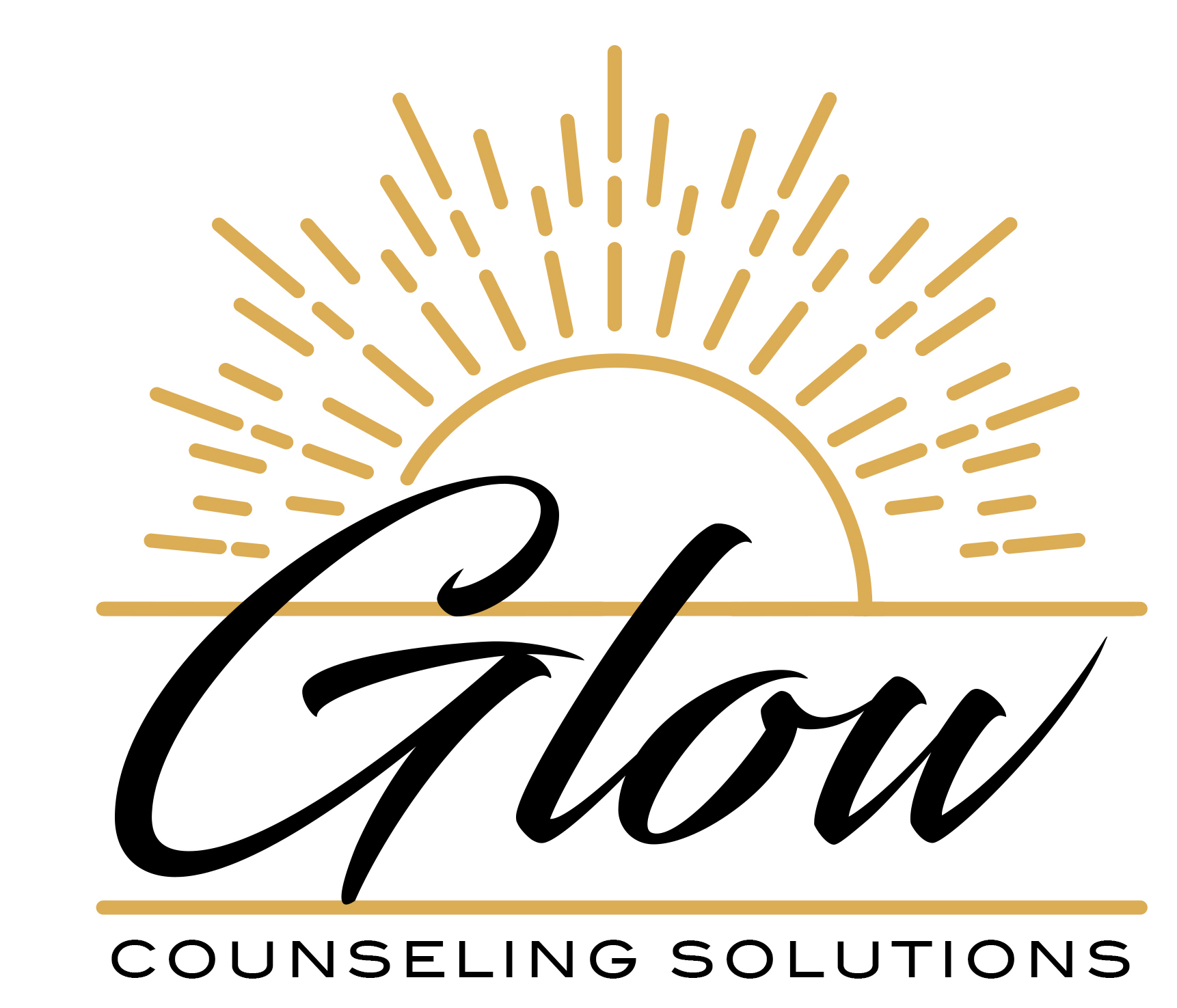Post-Pandemic Mental Health: Addressing the Long-Term Effects in 2025

It’s hard to believe that the pandemic feels like a lifetime ago, but the truth is, its impact still lingers—especially when it comes to our mental health. As we settle into 2025, we’re starting to see just how deeply the pandemic has affected how we think, feel, and cope with life. So, let’s talk about it—because acknowledging these lingering effects is the first step toward healing.
The Mental Health Ripple Effect
If you’re one of the many people who felt anxious, isolated, or overwhelmed during the pandemic, you’re not alone. But what’s interesting now is that some of those feelings are sticking around longer than expected. The social isolation, the fear of the unknown, and the constant uncertainty left a mark on so many of us. And for some, that mark is showing up as anxiety, depression, or even post-traumatic stress.
The Anxiety After the Anxiety
It’s pretty common now to hear people talk about “post-pandemic anxiety,” and it’s not just about the fear of getting sick anymore. For many, it’s the result of a world that changed so dramatically. Being used to social distancing, virtual everything, and hypervigilance, people are still grappling with how to re-enter the world. The idea of crowded spaces, traveling again, or even going back to an office can cause real anxiety. It’s that feeling of, “Can I handle the world I used to know, or is it too much?”
Mental Health Resources: The Good, the Bad, and the Changing
On the bright side, the pandemic pushed us to take mental health more seriously. More people sought therapy, more workplaces started talking about mental health openly, and even schools began integrating mental well-being practices. But, in 2025, it’s clear that we still have a long way to go. While mental health resources are more available than ever before, the demand for them is at an all-time high. There’s still a shortage of mental health professionals, and many individuals are still navigating how to access the support they need. Larger tech and AI tech companies have also entered into the therapy world following the demand, but unfortunately not for the best. These companies don’t always follow the same ethical practices small business owned private practices do. I encourage everyone who is seeking and utilizing supports, especially through larger platforms, to do their homework to ensure their privacy and rights are being protected.
The Social Disconnect: Rebuilding Connections
One of the hardest parts about the pandemic was the sense of isolation. Even for those who enjoyed spending time alone, the forced nature of it was draining. Fast forward to 2025, and while many of us have returned to in-person events, there’s a lot of “social rust” to work through. If you’re someone who finds it draining to attend social gatherings now, or if small talk feels like a struggle, you’re not alone.
We’re learning that the road back to meaningful connections takes time. It’s not just about returning to the “old normal,” but creating new ways to foster genuine friendships and relationships. Rebuilding those social muscles and easing back into social spaces is something that can’t be rushed.
Finding Resilience in the Post-Pandemic Era
Here’s the thing, though. As difficult as these last few years have been, many of us have learned a lot about ourselves. We’ve built resilience. We’ve learned coping strategies that maybe we didn’t even know we had. And now, in 2025, it’s all about using that resilience to move forward.
It’s a little like looking back at an old photo album and realizing how much growth has happened without you even noticing. Sure, the scars are there, but so is the strength that came with surviving those tough years.
What Can We Do Now?
1) Practice Patience with Ourselves: Healing isn’t linear. If you’re still feeling some of those post-pandemic effects, that’s okay. Be kind to yourself and take it one step at a time.
2) Don’t Rush Socialization: If you’re not quite ready to dive into big social gatherings, that’s okay too. Set small, manageable goals, like meeting up with a close friend or going to a small event.
3) Seek Support: Whether it’s therapy or talking to a friend, don’t hesitate to reach out for support. There’s no “right” way to process what we’ve been through.
4) Keep Up with Healthy Habits: Exercise, mindfulness, and proper sleep—these are your best friends when it comes to mental well-being. Keep those routines going!
Wrapping Up
As we look to the future, the post-pandemic mental health effects are a reminder that we’re all still navigating uncharted waters. The good news is that we’re not alone. The more we talk about these long-term effects, the better equipped we’ll be to tackle them. In 2025, we’ve got a chance to reshape our understanding of mental health, to treat it as an ongoing journey, not just something that needs to be fixed.
So, how are you doing? How are you handling the post-pandemic mental health journey? Let’s continue this conversation—because healing is a team effort. Feel free to contact me to obtain more support Contact Me

